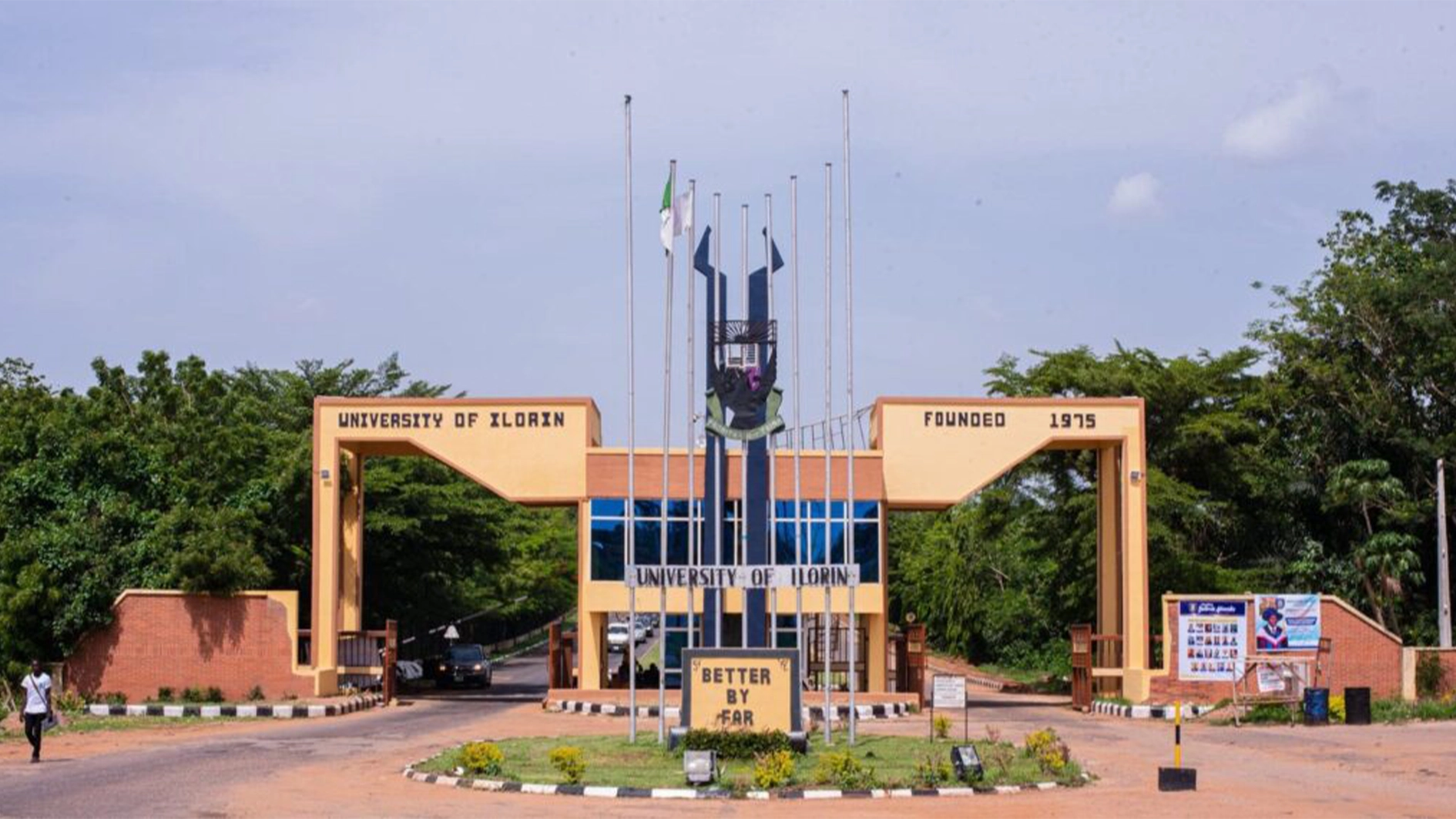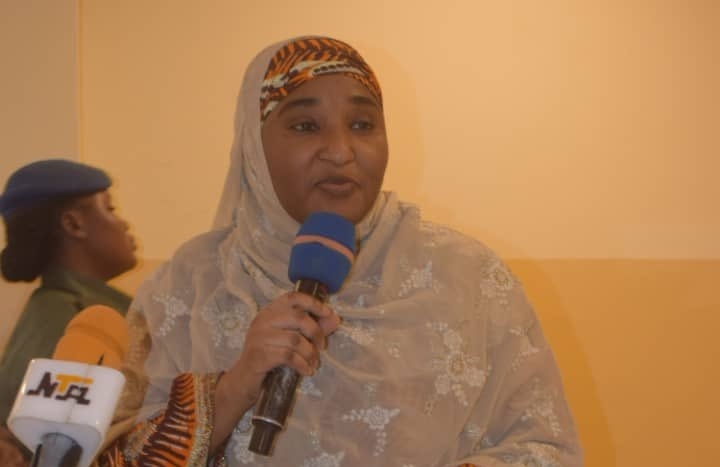
“Hello, children!” the teacher bellowed.
“Hello, Aunty!” the schoolchildren excitedly responded at an amusement park in Lagos, last year as they celebrated Democracy Day, on June 12, 2024.
“Are you happy to be here?” the teacher asked. Like an enraptured set of red-headed lizards, they nodded vigorously in the affirmative.
“Do you know why there is a public holiday today?” The teacher probed.
“To have some fun!” the children chorused in unison. Their ignorance of history was not lost on the teacher. Yet, she was unwilling to accept their ignorance.
“Ok. Let me ask you a question. Anyone who gets the right answer will go home with a carton of noodles,” said the teacher, pointing at a box on a table.
“Who was Obafemi Awolowo?” she asked.
“He was a footballer!” several of the kids stated.
“I said Obafemi Awolowo, not Obafemi Martins,” she tactfully corrected them.
Over the next several minutes, the children were asked more questions about Nigeria’s historical personalities and events, but they could not get one right.
Eventually, their voices fizzled out in disappointment as none of them could win the coveted carton of noodles.
To liven things up, the teacher asked: “Who sang ‘You’re my African queen’?”
“Tuface Idibia!” They chorused.
They know Tuface, Davido, Tiwa Savage, and other entertainers. They even know Messi, Ronaldo, Mo Salah and Bukayo Saka.
Sadly, most of them do not know Herbert Macaulay, Tafawa Balewa, Nnamdi Azikiwe, Obafemi Awolowo, Sir Ahmadu Bello, Moshood Abiola, not even the living legend, Wole Soyinka. Their seemingly innocent, beautiful eyes see no further than what society and classrooms have fed them withjunk and fleeting history.
The Nigerian government has promised to reverse the trend. However, that promise did not start today.
In nearly two decades, the fabric of history as an academic subject in the classroom has been in ruins. The rigmarole of its revival has been riddled with relentless lip service, even from the highest quarters. But what stands out as a sore thumb, is the sacrilegious statement made by former President Muhammadu Buhari.
“You children are very lucky. I am appealing to you to be very careful. Your success in future depends not on subjects like history or English Language, but science and technology because those are the category (sic) of people that are likely to stand a better chance of being employed in future,” Buhari told 344 students of Government Boys Science Secondary School in Kankara.
That was on December 17, 2020. The ex-president’s comment remains one of the most atrocious statements ever made concerning history as a subject.
For contrast and context, the then-president’s administration was in the throes of re-introducing history in school when the leader of the government gave his unfortunate verdict on studying the course.
At least twice under Buhari’s administration, public announcements were made per the reintroduction of history as a subject. It remained a mirage until his eight-year rule lapsed.
In 2017, the Nigeria Education Research and Development Council (NERDC) announced that it was set to re-introduce history as a subject, beginning in the 2018/2019 academic session. The then-NERDC Executive Secretary, Prof. Ismail Junaidu, had stated that the curriculum was ready and would be a stand-alone curriculum that would be taught from primary one to JSS III after the National Council on Education (NCE) had approved the reintroduction of the subject.
In 2018, the federal government unveiled a new curriculum for teaching and learning the subject in basic schools nationwide. The new curriculum was approved at the 63rd meeting of the NCE, which was held in Kano, in June 2017. The ex-NERDC boss forwarded a sample of the new curriculum for history to the states to give them ample time to plan of its implementation.
“All states are expected to be sensitised, and teachers trained on how to use the curriculum before the implementation can begin. We need to give the states ample time to put their houses in order before we start implementing the curriculum,” Junaidu had said.
He added: “We have begun work on the curriculum because the NCE has given the directive that it will soon get to schools. The implementation will commence next academic session.”
A professor of Legal History, Akin Alao, while reacting to the pronouncement in 2017 noted that a country without a sense of history “is a soulless one,” pointing out that it “could safely be said that many of the challenges facing state and nation-building efforts in Nigeria were as a result of the neglect of history.”
According to the professor, the history of inter-group relations in Nigeria confirmed the extent of interactions among Nigerian ethnic groups or nationalities long before the imposition of colonial rule.
He asserted that it would have been the duty of history as a subject in schools to bring these truths to young Nigerians to influence their understanding of life and what roles they could play in cementing the relationship among groups.
“It would also have meant that young impressionable Nigerians very early in life develop positive self-concept and awareness that would be the basis for the emergence of an identity that will be truly national and well-conceived,” Alao added.
The erudite scholar explained that history has value in developing the mind and that “there is no discipline without its history, including medicine.
“What is required is the acquisition of the techniques of history. For example, a lawyer has to know, understand, and consider the two sides of a coin to make a good case. A medical doctor needs the history of the patient and the ailment before he can have a successful diagnosis,” Alao stated.
“An architect must have a sense of history to know what designs will meet specific needs. An administrator must be very familiar with the history of the people before he can administer successfully.”
Alao’s hope for a rebirth of history in the classroom was dashed, as the subject never got the breath of life. Over the years, it has been empty words, all motion and no movement.
Like Buhari, his successor, President Bola Tinubu, is making a similar promise to re-introduce history as a subject in the classroom.
“Let me go to basic education; the curriculum is good. One important thing that has been missing in the past is Nigerian history. We now have 30-year-olds that are disconnected from our history. It doesn’t happen in any part of the world. President Tinubu has mandated that we put that back in our curriculum, and it is back. From this year, our students in primary and secondary schools will have that as part of their studies,” Education Minister, Tunji Alausa, said.
The transition from the 8-6-2-3 education system-comprising eight years of primary, six years of secondary education, two years of high school certificate, and three years of university the 6-5-2-3 system in 1954 did not impact the teaching of history, as it remained part of the school curriculum. With the introduction of the 6-3-3-4 academic structure in 1982, there was a deliberate move to eliminate history as a subject in junior secondary classes, replacing it with social studies.
While history continued to be taught in senior secondary classes, it was downgraded to an optional subject for students.
Nigeria, during the 2009/2010 academic session, removed history from primary and secondary schools’ curricula. Official reasons for removing history were that students were shunning it because only a few jobs were available for history graduates, and the dearth of history teachers. It is little wonder that to date, Nigeria has no official account of its civil war.
“If this government is going to bring back history, it would be better if we studied local history first. You have to know who you are before you can be anything in this world,” noted former education minister, Adamu Adamu.
But he did not see to it that history was resuscitated in classrooms. Since 2016, the ministry he superintended over repeatedly said history would be re-introduced in the education curriculum.
Going down history lane, Professor of History and former Chairman of the Committee of Deans of Education of Nigerian Universities, Michael Omolewa, recalled that the course of the teaching of history was adversely affected by the events that followed the convening of the 1969 National Curriculum Conference, later by the adoption of a national policy of education and the subsequent arrival of the 6-3-3-4 education system.
“The 1969 conference, which was expected to bring hope to the country’s educational system, turned out to be the beginning of the decline of history teaching in schools. In the end, the curriculum reform, which grew from that conference, led to the reduction of the status of history.
Eventually, history was expunged first from the primary and the junior school curriculum, and later from the senior school level,” Omolewa stated.
He linked “the historic assault on history teaching” to the assumptions of the American-trained educators, the impact of the United States-assisted Ohio Project, the Ayetoro Project, the Comparative Education Studies and Adaptation Centre (CESAC), and the contribution of the Nigerian Educational Research Council (NERC).
That said, historians and education stakeholders are united in their submission that the imminent return of history is a welcome development, noting that a country without a sense of history is a soulless one.
A professor of History at Ekiti State University (EKSU), Olaoba Ademidun, like Prof Alao, believes that many challenges confronting the country were a result of the neglect of history.
A curriculum analyst, Prof. C. O. Kolawole of the University of Ibadan, summarised the removal of history from the curriculum by the government as a mistake “because any society that forgets its past cannot plan for its future.
Ademidun noted that the return of history to the basic education level would help the next generation discover several historical developments of their fatherland, and teach them how to avoid past mistakes and failures.
In lauding the present administration for the planned return of history as a subject, Prof. Ojo Ipadeola of Obafemi Awolowo University, (OAU), Ife, said: “Obviously, it’s very important to have history in the curriculum because if present generations are not taught their history, how would they be able to chart their courses properly in the future? They must know what the nation has gone through for it to get to where it is before they can appreciate how to correct past mistakes, and intelligently chart a course for greater achievement and progress.”
A retired history teacher who taught the subject for 18 years, Mr Kevin Obunde, expressed joy over the reintroduction, attributing many of the social ills in the country to the neglect of history and moral education.
“Such entrenched teaching and learning provide an opportunity for appreciating antecedents that extol the great deeds of our past heroes, their sacrifices, and contributions to creating the foundation for an indivisible nation. It is in doing this that we remember and celebrate monumental achievements, memorable dates, events, names, and every event of historical significance.”
A curriculum analyst, Prof. C. O. Kolawole of the University of Ibadan, summarised the removal of history from the curriculum by the government as a mistake “because any society that forgets its past cannot plan for its future.






